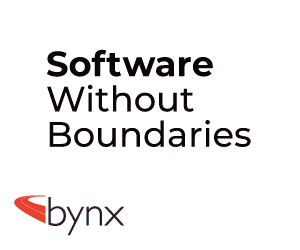The average retail price of a battery electric vehicle (EV) in Europe far exceeds the cost of buying an EV in China.
The cost of buying an EV in Europe is 146% more expensive than buying the cheapest combustion vehicle in Europe, whilst in China the cheapest electric vehicle is 8% cheaper than the cheapest ICE car.
As we can see from these figures, the big overriding issue with BEVs in the UK is the price, both to buy a new EV and run them.
In the UK, the EV market is further distorted by subsidies, unfair competition from China, and through ill-thought regulation and personal tax policies, for example, Benefit-in-Kind (BiK).
Many in the UK would argue that there has been a rush to ban petrol and diesel cars. This was first scheduled for 2040, before being brought forward to 2035 in February 2020. Later in 2020, the then Prime Minister Boris Johnson announced that the UK would stop the sale of new ICE models from 2030 and that only zero-emission cars could be sold as new from 2035. In 2023, the current Prime Minister Rishi Sunak pushed the date back to 2035 for the ban on new ICE vehicles.
And with a general election on the horizon and the possibility of a new government before too long, there is so much confusion surrounding the move to zero emission vehicles.
In our recent Asset Finance Connect webcast, sponsored by Bynx, AFC head of content, David Betteley, spoke to a panel of auto experts to find out how the UK fleet industry is coping with the constant political changes surrounding the transition to EVs. The accompanying summary and analysis of the webcast panel discussion is now available to view here.
With the fleet industry driving growth in the new EV market, the panel discussed how the government’s announcement in September 2023 to delay the deadline to ban the manufacture and sale of ICE vehicles to 2035 has not impacted the increasing acceptance and adoption of zero emission vehicles by the fleet sector. Instead, there is a focus amongst fleets on the impact of the 2024 ZEV mandate, charging infrastructure and charging payment solutions, and the used BEV market.
The expert webcast panel discussed:
- How the fleet industry is driving growth in the new EV market
- Uncertainty over whether the used car market is capable of absorbing the volume of BEVs coming through from fleets
- The need for the right EV charging infrastructure in the right locations, and charging payment solutions for fleets
- Ways the government can recover funds from lost fuel duty as the move to electricity gathers pace
You can read the summary of proceedings and David’s analysis in full here.










